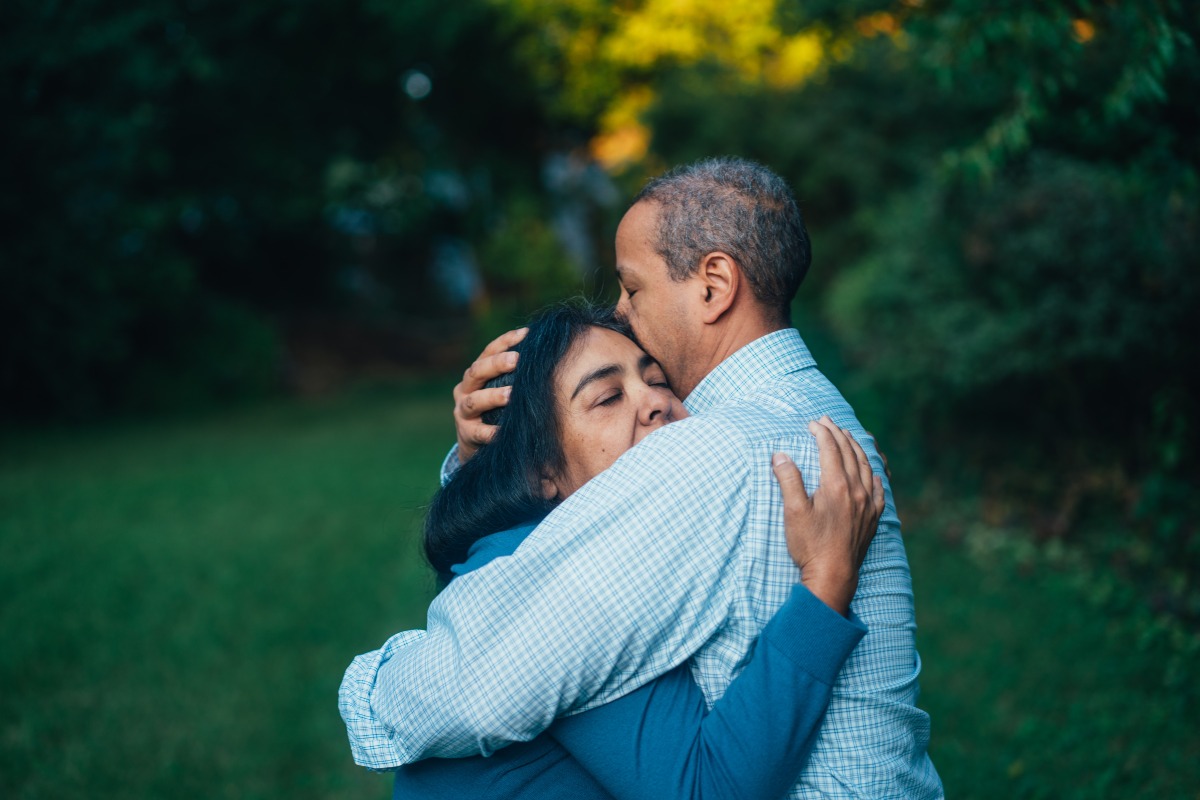
Many people start taking drugs as a way to cope with underlying trauma or mental illness. Over time, it can develop into an addiction. While substances like alcohol and opioids are more commonly discussed, drugs like hallucinogens are easily accessible and can also cause addiction. This blog will guide you on recognizing hallucinogen use and addiction. It will also offer suggestions on how to approach your loved one if you think they have a problem.
Symptoms of Hallucinogen Consumption
If you’re concerned that your loved one might be taking hallucinogens, you need to learn the symptoms involved with these drugs. The National Institute on Drug Abuse (NIDA) outlines these in their DrugFacts publication. Some of the symptoms you can notice through observation. Other symptoms only present internally; thus, you’ll have to listen to your loved one for indications of the problem.
Besides hallucinations, the symptoms of hallucinogens include the following:
- Changes in eating habits
- Disorganized thinking and speech
- Dissociation
- Lack of coordination
- Memory lapses
- Mood swings
- Nausea
- Panic
- Paranoia
- Seizures
- Slowed breathing
- Sweating
In the most serious of cases, a person might also experience suicidal ideation or attempts. If you notice serious discussions of death or dying, it’s important to get your loved one immediate care. You can also contact the National Suicide Hotline at 988 for help.
Signs of Addiction
On top of the physical symptoms a person will experience when taking hallucinogens, you should be wary of addiction-related behaviors. These typically stay consistent regardless of the substance and are more outwardly noticeable. Signs of addiction include:
- Changing sleep patterns
- Deteriorating appearance
- Doctor-shopping
- Failing to meet responsibilities
- Fluctuating mood and aggression
- Frequent lying
- Getting into legal or social conflicts
- Keeping secrets
- Stealing
- Stopping hobbies and interests
- Withdrawing from family and friends
Addressing the Problem
These symptoms and signs all point to a hallucinogen addiction. When you notice these things in your loved one, you may want to sit down with them and have a candid conversation about your concerns. To prepare yourself, you can consult with a treatment facility. They’ll offer psychoeducation as well as guidance on how to broach the topic. You also may want to research detox options beforehand.
The more prepared you are going into the conversation, the fewer objections you’re likely to receive. It may even be necessary to get other loved ones or an interventionist involved. No matter what, make sure you approach the issue from a perspective of empathy, care, and concern. If your loved one feels shame, they’re more likely to lash out.
Hallucinogen addiction is a serious illness that can impact a person’s mental state, relationships, and employment. Due to the ease of obtaining hallucinogens, you should be aware of the symptoms and warning signs. If you think your loved one is struggling with a hallucinogen addiction, you may want to address the problem with them. The Guest House can help your loved one. Your loved one can start in our detox program and transition into our rehab. We have a compassionate team of clinicians who can help your loved one find sobriety. Call (855) 483-7800 for help.